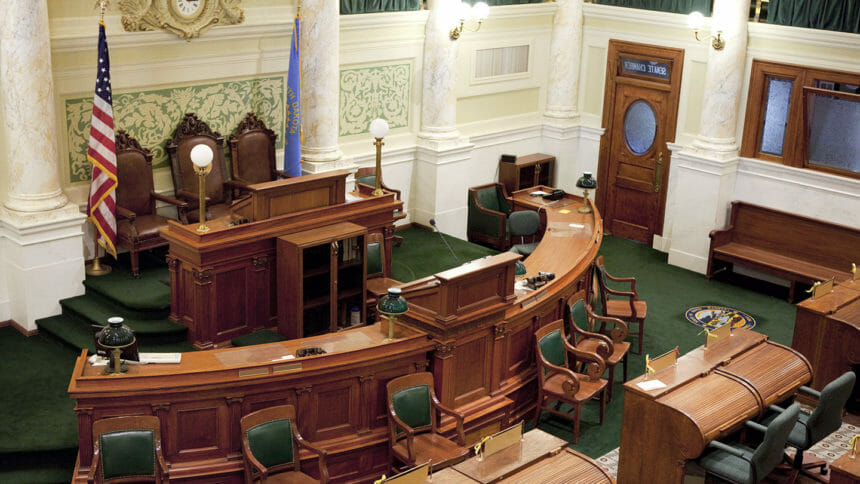
Voters in two states may decide in November if their states should expand Medicaid — a move that could expand home care and home- and community-based services to more low-income people.
On Tuesday, South Dakota’s Senate struck down a bill that would make Medicaid available to people who live below 133% of the federal poverty level. That is currently about $17,000 annually for an individual or $35,000 for a family of four.
Despite the bill’s defeat, Medicaid expansion isn’t necessarily dead in South Dakota. A constitutional amendment that would expand Medicaid is on the ballot in November’s midterm election. That plan is backed by the major healthcare systems in the state and would add more than 42,000 people to the state’s Medicaid plan.
“It’s clear that the only path to expanding Medicaid in South Dakota is by letting the people vote on it directly,” Zach Marcus, campaign manager for the plan, told the Associated Press.
Meanwhile, voters in North Carolina may vote on Medicaid expansion before November, key Republican legislators said on Tuesday. A joint House-Senate panel tasked with studying healthcare access is meeting Friday to discuss expanding Medicaid and could submit proposed legislation to the full General Assembly before this year’s session closes at the end of June.
Although many North Carolina House Republicans oppose Medicaid expansion, more Senate Republicans are warming to the idea.
A dozen states haven’t expanded Medicaid under the Affordable Care Act. Medicaid provides home care to the elderly and people with disabilities through a variety of programs, including Programs of All-Inclusive Care for the Elderly (PACE).
The Biden administration has proposed expanding funding for HCBS through the Build Back Better plan. The initiative would funnel $150 billion to states that would primarily go to bolstering Medicaid programs. The $1.7 trillion Build Back Better plan stalled in the Senate late last year.



